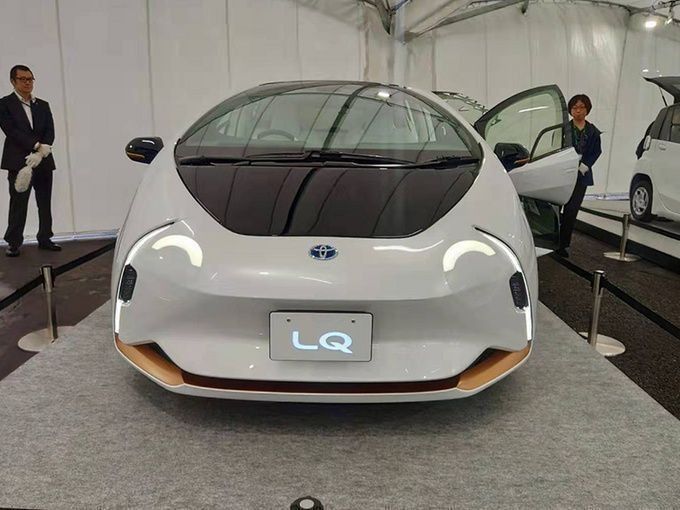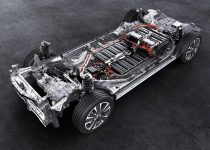How can electric vehicles contribute to reducing urban noise pollution
Electric vehicles (EVs) can play a significant role in reducing urban noise pollution. Noise pollution, especially in urban areas, has been linked to various health issues, such as stress, sleep disturbances, and even cardiovascular diseases. Here’s how electric vehicles can help reduce urban noise pollution:
- Quieter operation: Electric vehicles have fewer moving parts than internal combustion engine (ICE) vehicles, and their motors operate much more quietly. The absence of engine noise and exhaust systems in EVs results in substantially lower noise levels during operation, which directly contributes to a quieter urban environment.
- Reduced traffic noise: As the adoption of electric vehicles increases, the overall noise generated by road traffic will decrease, leading to a more peaceful urban soundscape. This can have positive effects on residents’ health, well-being, and quality of life.
- Encouraging sustainable transport: The increased use of electric vehicles, combined with improved public transportation and active transport options like walking and cycling, can reduce the overall number of ICE vehicles on the road. This can help create a quieter, more sustainable urban environment.
- Regenerative braking: Many electric vehicles are equipped with regenerative braking systems, which are typically quieter than conventional friction brakes. This can further contribute to reducing noise levels in urban areas.
- Noise regulations: As electric vehicles become more popular, cities may adopt stricter noise regulations for ICE vehicles, incentivizing a shift towards quieter, electric transportation options.
In conclusion, electric vehicles can play a crucial role in reducing urban noise pollution by offering quieter transportation alternatives. The widespread adoption of EVs, combined with sustainable urban planning and transportation policies, can help create healthier, more livable urban environments.



